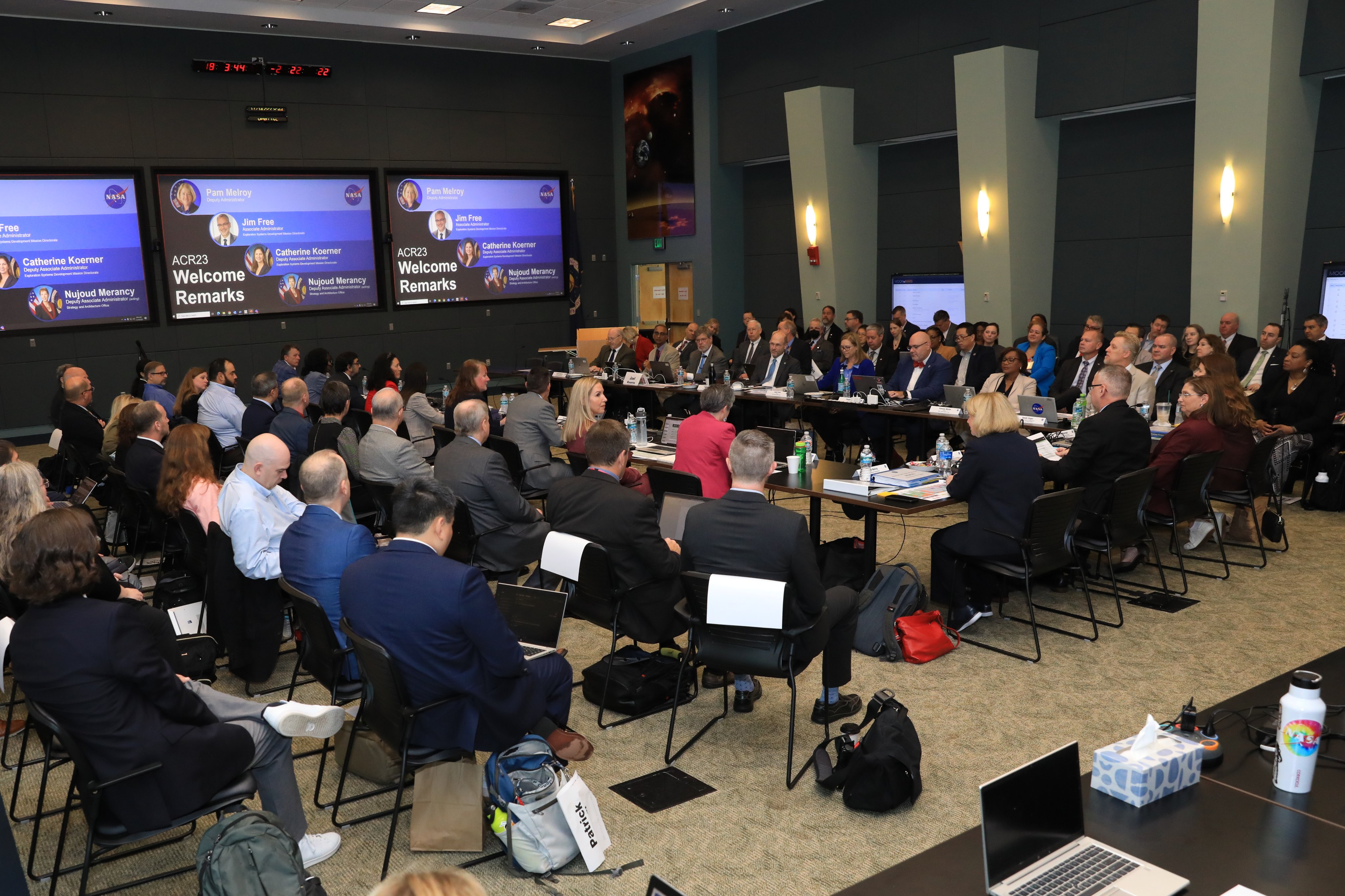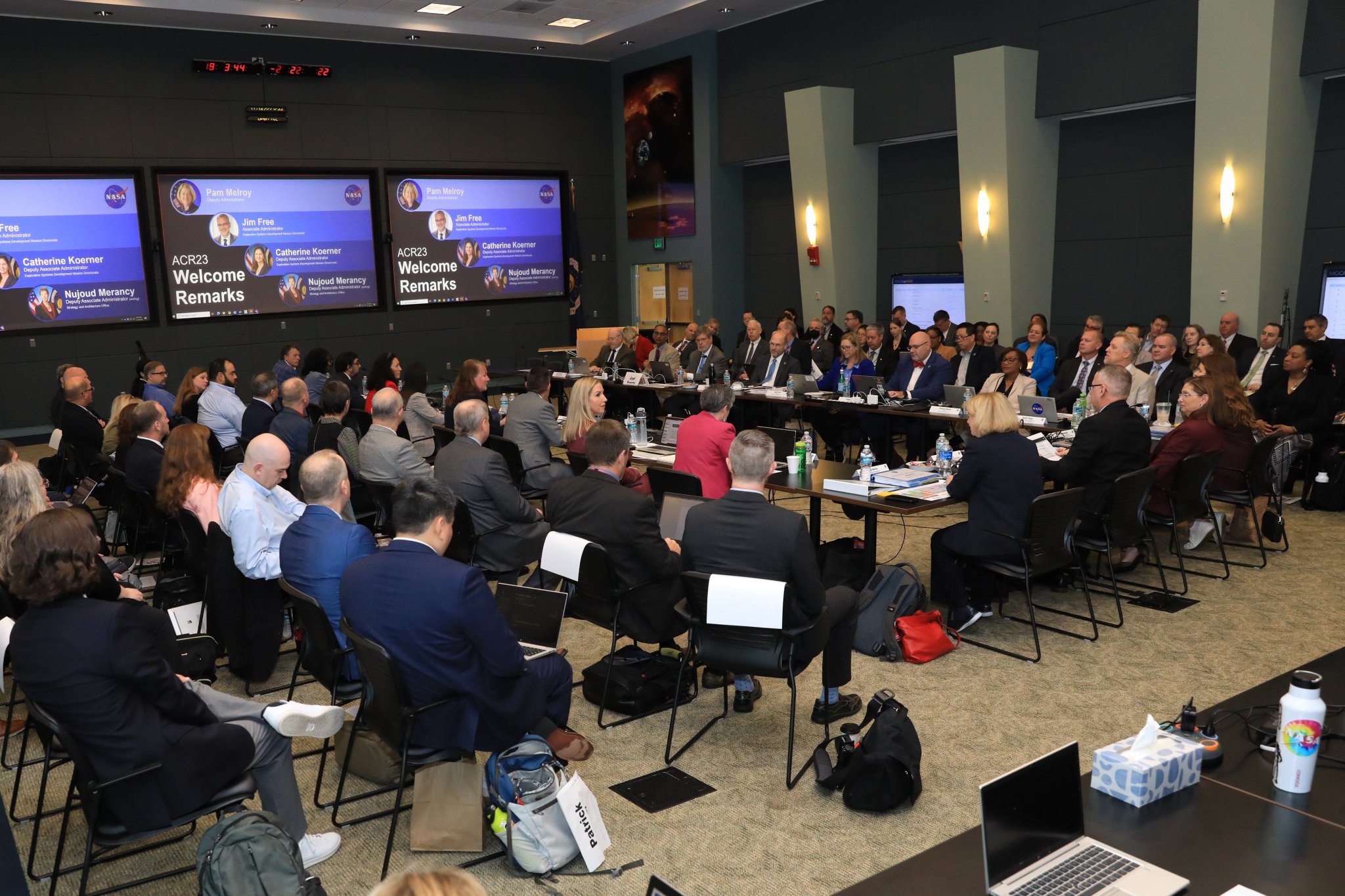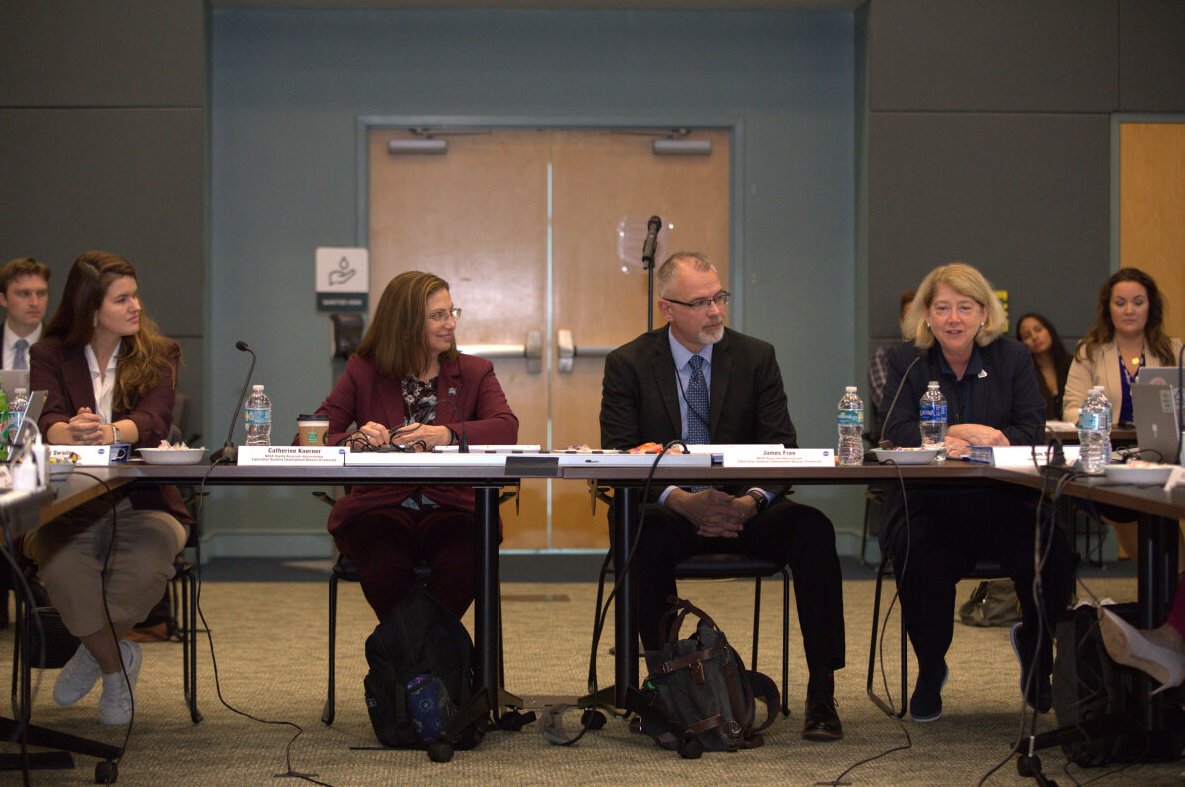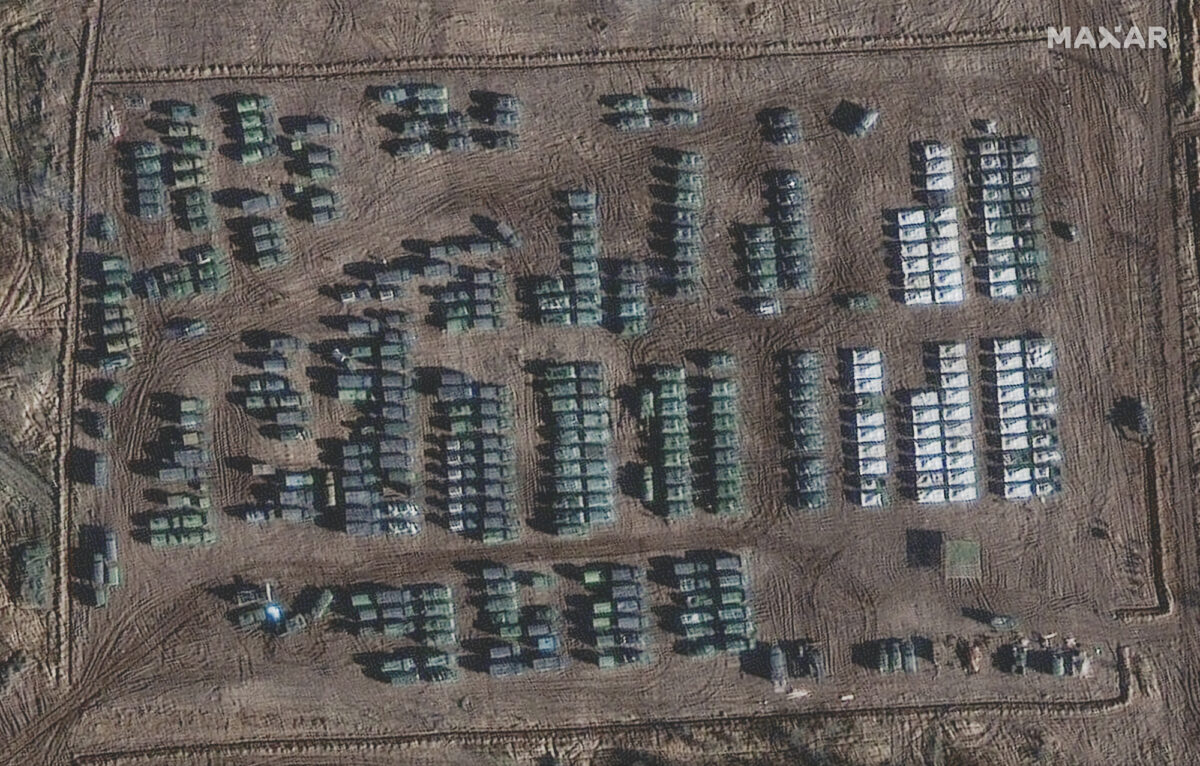NASA Conducts Annual Moon to Mars Architecture Concept Review
NASA hosted its second annual Architecture Concept Review in mid-November, bringing together leaders from across the agency to discuss progress on and updates to NASA’s Moon to Mars architecture since NASA released outcomes from its first such review in April. As NASA builds a blueprint for human exploration throughout the solar system for the benefit […]


NASA hosted its second annual Architecture Concept Review in mid-November, bringing together leaders from across the agency to discuss progress on and updates to NASA’s Moon to Mars architecture since NASA released outcomes from its first such review in April.
As NASA builds a blueprint for human exploration throughout the solar system for the benefit of humanity, the agency has established the internal Architecture Concept Review process to help align NASA’s Moon to Mars exploration strategy and codify the supporting architecture through robust analysis. Through this evolutionary process, NASA continuously updates its roadmap for crewed exploration, setting humanity on a path to the Moon, Mars, and beyond.

“Our yearly strategic analysis cycle informs architecture decisions by identifying technology gaps, performing trade studies, and soliciting feedback from industry, academia, and the international community,” said Catherine Koerner, deputy associate administrator for NASA’s Exploration Systems Development Mission Directorate. “This year’s review focused on identifying the foundational decisions needed for a crewed mission to Mars and adding more detail to how we break down our objectives for long-term lunar exploration into specific architectural elements.”
During the review, NASA also began to define potentially viable and affordable opportunities for new programs and projects that close capability gaps.
NASA will share the results of this year’s Architecture Concept Review cycle early next year. This will include an update to the agency’s Architecture Definition Document and associated white papers, which provide additional detail on results from this year’s strategic analysis cycle.
Both the updated Architecture Definition Document and white papers will be made available on NASA’s Moon to Mars architecture webpages.





































